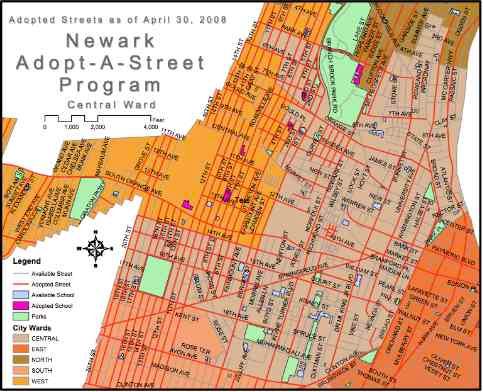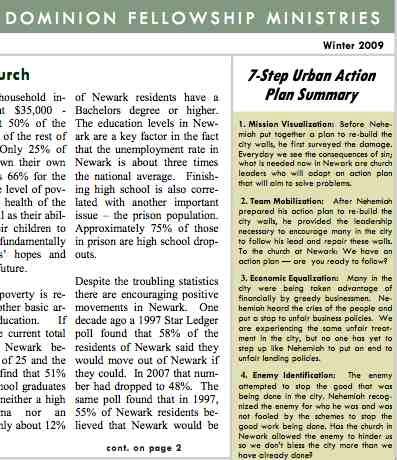 Verso | According to the united nations, more than one billion people now live in the slums of the cities of the South. In this brilliant and ambitious book, Mike Davis explores the future of a radically unequal and explosively unstable urban world.
Verso | According to the united nations, more than one billion people now live in the slums of the cities of the South. In this brilliant and ambitious book, Mike Davis explores the future of a radically unequal and explosively unstable urban world.From the sprawling barricadas of Lima to the garbage hills of Manila, urbanization has been disconnected from industrialization, even economic growth. Davis portrays a vast humanity warehoused in shantytowns and exiled from the formal world economy. He argues that the rise of this informal urban proletariat is a wholly original development unforeseen by either classical Marxism or neo-liberal theory.
 Are the great slums, as a terrified Victorian middle class once imagined, volcanoes waiting to erupt? Davis provides the first global overview of the diverse religious, ethnic, and political movements competing for the souls of the new urban poor. He surveys Hindu fundamentalism in Bombay, the Islamist resistance in Casablanca and Cairo, street gangs in Cape Town and San Salvador, Pentecostalism in Kinshasa and Rio de Janeiro, and revolutionary populism in Caracas and La Paz.
Are the great slums, as a terrified Victorian middle class once imagined, volcanoes waiting to erupt? Davis provides the first global overview of the diverse religious, ethnic, and political movements competing for the souls of the new urban poor. He surveys Hindu fundamentalism in Bombay, the Islamist resistance in Casablanca and Cairo, street gangs in Cape Town and San Salvador, Pentecostalism in Kinshasa and Rio de Janeiro, and revolutionary populism in Caracas and La Paz.Planet of Slums ends with a provocative meditation on the “war on terrorism” as an incipient world war between the American empire and the slum poor.
“In this trenchantly argued book, Mike Davis quantifies the nightmarish mass production of slums that marks the contemporary city. With cool indignation, Davis argues that the exponential growth of slums is no accident but the result of a perfect storm of corrupt leadership, institutional failure, and IMF-imposed Structural Adjustment Programs leading to a massive transfer of wealth from poor to rich. Scourge of neo-liberal nostrums, Davis debunks the irresponsible myth of self-help salvation, showing exactly who gets the boot from ‘bootstrap capitalism.’ Like the work of Jacob Riis, Ida Tarbell, and Lincoln Steffans over a century ago, this searing indictment makes the shame of our cities urgently clear.” — Michael Sorkin
 From Planet of Slums
From Planet of Slums“What is clear is that the contemporary mega-slum poses unique problems of imperial order and social control that conventional geopolitics has barely begun to register. If the aim of the “war on terrorism” is to pursue the erstwhile enemy into his sociological and cultural labyrinth, then the poor peripheries of developing cities will be the permanent battlefields of the twenty-first century.
“Night after night, hornet-like helicopter gun-ships stalk enigmatic enemies in the narrow streets of the slum districts, pouring their hellfire into shanties or fleeing cars. Every morning the slums reply with suicide bombers and eloquent explosions. If the empire can deploy Orwellian technologies of repression, its outcasts surely have the gods of chaos on their side.





























